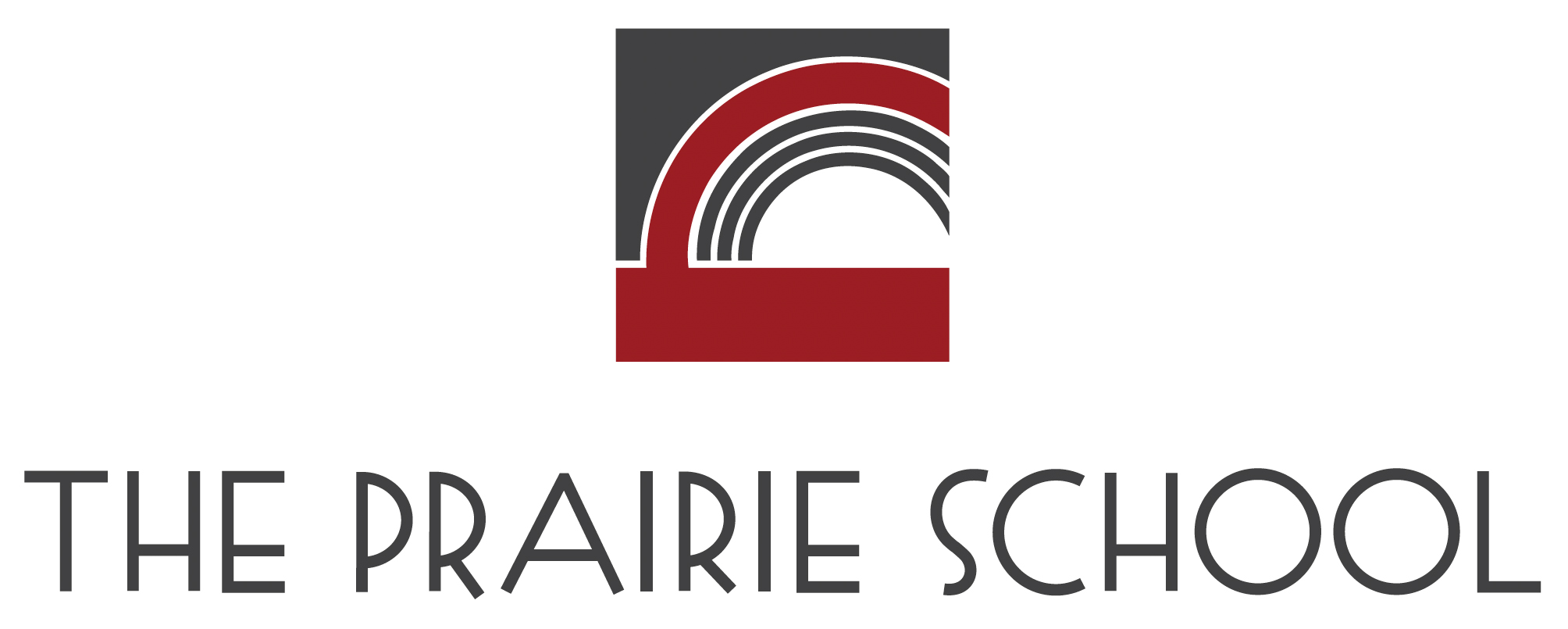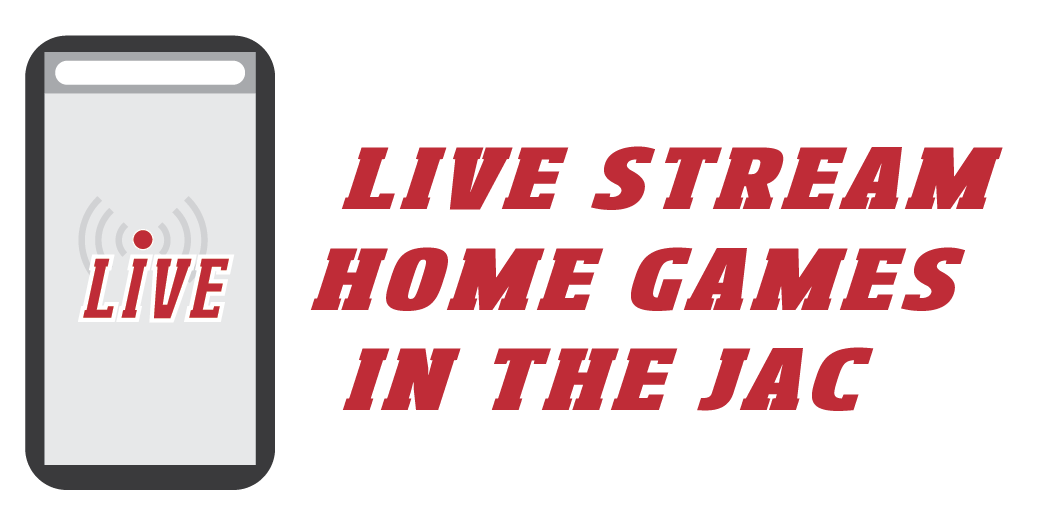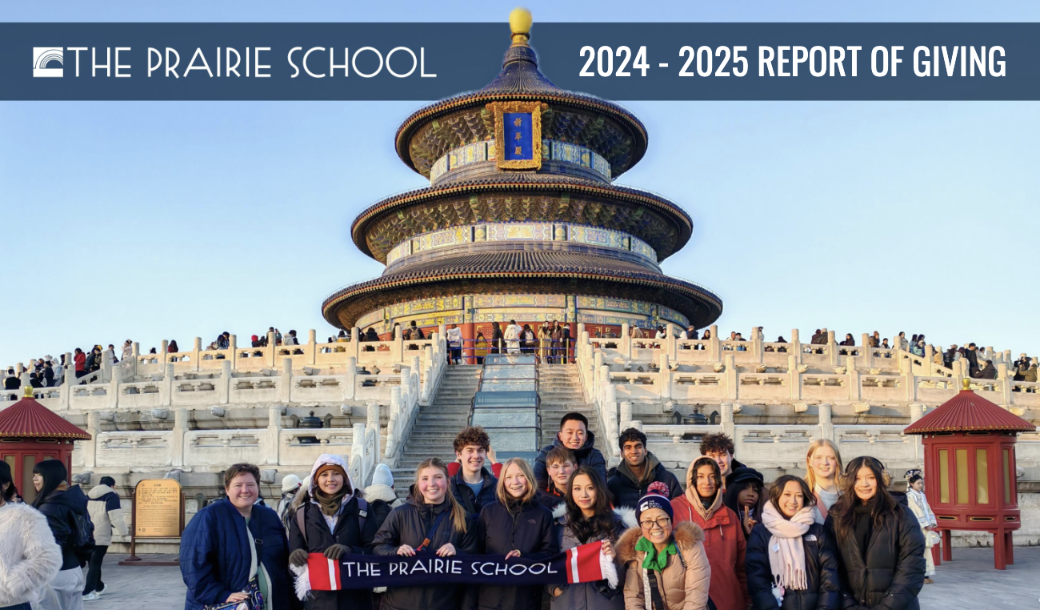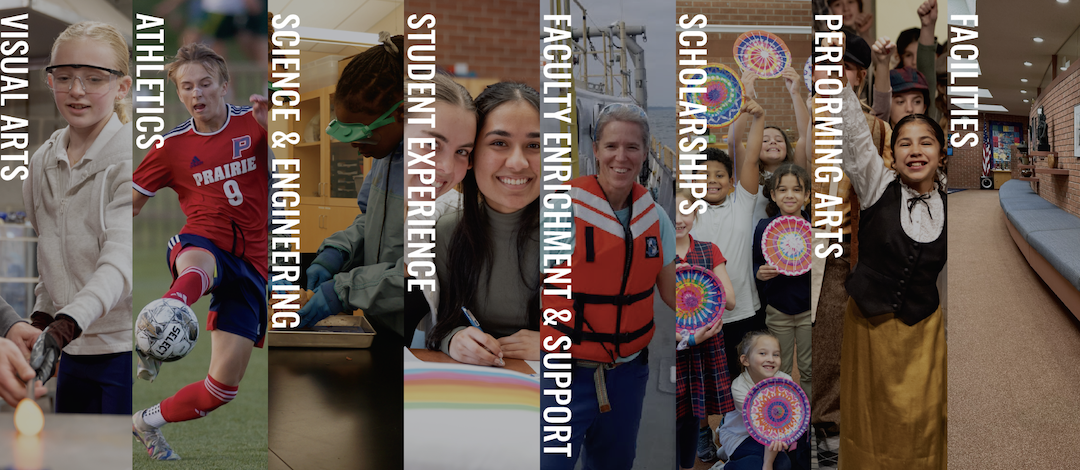Founder’s Intent
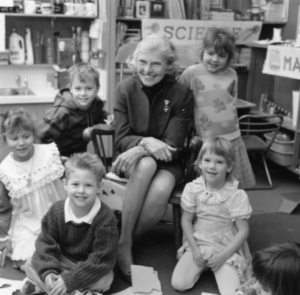 “The Prairie School exists to enhance the educational options for Racine and surrounding communities, to provide an excellent independent ES-12th grade college preparatory educational institution and to serve as a key catalyst to make our community a better place to live, work and raise a family.”
“The Prairie School exists to enhance the educational options for Racine and surrounding communities, to provide an excellent independent ES-12th grade college preparatory educational institution and to serve as a key catalyst to make our community a better place to live, work and raise a family.”
Imogene P. Johnson
Vision
The Prairie School will be a national leader among Early School through 12th grade independent college preparatory day schools, with financial and enrollment stability, providing dynamic and evolving educational excellence for generations to come.
Mission
The Prairie School nurtures the creativity, interests and abilities of every student, inspiring each to explore, thrive, and add value individually and in collaboration with others. Our community of students, faculty, and families works together to create a collaborative and supportive culture grounded in human values – celebrating both our differences and commonalities. Prairie graduates are prepared for college and life with the desire and skills to make the world a better place.
Guiding Mantra
To know, value, support, and challenge every student to be their best self.
Inclusivity Statement
The Prairie School is a community of individual students, faculty, and families who care for and respect one another, celebrating both our differences and commonalities. We value the representation and full engagement of individuals whose differences include, but are not limited to, age, ethnicity, family makeup, gender, learning profile, physical ability, race, religion, sexual identity, and socioeconomic status.
We acknowledge that inclusivity is a complex idea to define and quantify. Beyond multicultural personal identities, The Prairie School embraces diversity of thought, culture, and all that may be unseen but also subject a person to preferential or disadvantageous treatment. We believe that inclusivity makes our individual students, faculty, and community members wiser and better able to fulfill our mission of promoting lifelong individual and collective growth.
Approved by The Prairie School Board of Trustees June 25th, 2025
The Prairie Teacher
The Prairie teacher knows, values, supports, and challenges all of their students, and exemplifies the following overlapping characteristics:
A spirit of optimism, generosity, and curiosity lies at the core of the successful Prairie teacher. This is demonstrated by the teacher’s willingness to be open, inclusive, and giving to the students with whom they work. Prairie teachers are experts in their fields and in childhood/adolescent development. They use their expertise to explore topics with students in an intellectually open and honest way. This includes modeling humility and recognizing the teacher’s own mistakes and knowledge gaps. It also involves allowing students to influence curriculum design and pedagogical practices with choice and agency. This generosity serves as both a constant challenge and a reminder to the Prairie teacher. A Prairie teacher knows that each student and every classroom is constantly changing and evolving. They embrace that change and growth. The Prairie teacher’s generosity is defined by their relationships with students and the belief that all students not only can, but desire, to learn. Students are ever-changing, never fully their labels, and, therefore, should never have their potential foreclosed.
The successful Prairie teacher maintains high standards for their students and themselves. Their classroom is innovative, growth-oriented, and academically challenging while maintaining clear, age-appropriate goals and expectations. Details and deadlines matter; feedback is clear and timely; advanced planning and backward design are expected. In support of the high standards for students, the Prairie teacher establishes equal opportunities for all students. In pursuit of continued teaching excellence, the successful Prairie teacher is reflective about their craft; they are committed to growth and maintaining expertise in their field of practice.
The Prairie teacher will only be successful with an ongoing investment in collaboration with students, fellow teachers, and the larger community. Emphasizing collaboration and cross-subject planning and learning not only facilitates a more collegial workspace and learning community but also lays the foundation for an educational environment built on deeply listening to others and the development of active, dynamic learning experiences that reach beyond individual interests.
Prairie teachers strive to live a full life that encourages and supports lifelong learning and the pursuit of interests outside of teaching. The successful Prairie teacher models intellectual curiosity and lifelong learning by balancing the many facets of a full life, including family, health, service, and community. Balance is important because the lives teachers lead beyond the classroom support a healthier, more interesting classroom experience.
The Prairie Classroom
The Prairie Classroom is led by the Prairie Teacher with the goal of contributing to the development of the Prairie Graduate as a scholar, artist, athlete, and leader. The classroom described here includes both the physical room and the online spaces shared by students and teachers.
Our classrooms are welcoming, joyful, and intentionally organized to facilitate student-centered learning. Each teacher has autonomy and uses their professional judgment to create a unique space: designed, furnished, and arranged to be age and/or subject-appropriate, with flexibility and clarity of purpose.
There is an atmosphere of mutual respect and optimism. Collaboration, creativity, and question-driven learning are evident. We embrace intellectual, physical, and emotional challenges while creating an environment that supports physical and psychological well-being. It is evident to visitors that our students are known and valued.
Every activity (including downtime) is intentional. Materials are either original or professionally produced, prepared in advance, organized, purposeful, and when possible, TPS-branded. Students have authentic voice and choice within a clearly articulated framework of accountability around specific learning outcomes, including content knowledge, skill development, and appropriate behavior. Rubrics, class rules, and rituals are all clear and consistent. Age and skill-appropriate differentiation and scaffolding are evident, and students understand what is expected of them and their peers.
Our students learn by doing: they are reflective readers, writers, speakers, scientists, engineers, historians, mathematicians, linguists, artists, athletes, and leaders. There is abundant use and evidence of age- and subject-appropriate creativity, critical thinking, project-based learning, claim/evidence-based reasoning, design thinking, and craftsmanship. Students are supported in the development of their executive function skills and public speaking is a part of every class at every age.
Building on their mutual respect, students and faculty feel a sense of ownership, belonging, and duty to one another and to the learning process. Therefore there is clear evidence that each child is on task, appropriately challenged, and academically and emotionally supported. Our students and faculty share a growth mindset.
Students actively learn and engage with the subject matter, the teacher, and their peers. In age-appropriate ways, recent work is shared and there is a transparent focus on both process and outcomes. Models of excellence are also evident and the natural mistakes that occur when learning are used as tools for growth and improvement.
The Prairie Graduate
Prairie graduates are scholars, artists, athletes, and leaders who:
Have accumulated a base of knowledge across the humanities and sciences as well as skills – especially critical thinking, creativity, collaboration, and communication – that will enable them to generate original, thought-provoking ideas and creative work, along with the intellectual curiosity and growth mindset necessary to engage with, understand, explore, and solve all manner of problems and challenges, both known and unknown, that they and society will face.
Communicate articulately, civilly, and respectfully – fashioning clear, well-supported arguments, and defending multiple viewpoints with thorough, perceptive, and cogent writing, speaking, and design. They are open to a wide range of perspectives and listen with a focus on understanding and empathizing with the viewpoints of others.
Lead with humility, honor, courage, and generosity. Valuing integrity and honesty, they remain true to themselves and their values despite challenges or pressure. They have the agency and courage to stand up and stand out for what they believe in, taking full ownership of their actions and the consequences of those actions.
Are driven by kindness, respect, compassion, and the greater good, and are willing and able to make difficult decisions based on facts guided by justice and compassion. They understand the limitations of their own knowledge, experience, and culture, as well as their role within, impact on, and responsibilities to their multiple and overlapping communities. They respect the value of other cultures and strive to understand the relationships between people and cultures.
Understand that life is a journey rather than a destination. Striving to be their best selves, they actively negotiate the trials and joys of life, seeking to embrace the struggle and challenge themselves to have a positive impact on others through meaningful and lasting interpersonal relationships. They assume positive intent while critically evaluating and curating the cacophony of available information. Always willing to ask for help and build trust, they are empathetic, reflective, resilient, and loyal.
Updated as of 8/14/23
